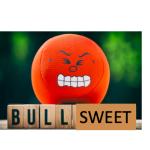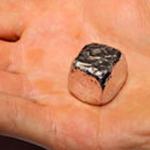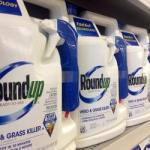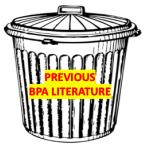We frequently receive requests to comment on specific news stories. These are usually examples of journalists or pundits commenting on subjects they know nothing about and badly misleading their audiences as a result.
Chemicals & Chemistry
Health scares seem to lurk around every corner these days. From "toxic" pesticides to "ultra-processed" foods and BPA, the list of things that can supposedly kill us is endless. How do you spot genuine threats amid all the clickbait?
The world of chemical scares is a bit like a perpetual horse race, usually with the same tired old horses –various chemicals – in the same race.
There's an ugly conflict going on at ACSH. Check it out...
Hey, chemistry fans.
If you want to show that any chemical is dangerous, here's a three-step process that will consistently yield the desired result:
The Flint, MI lead water crisis caught the attention of Americans to a degree that is rarely seen these days on local issues.
If you're a regular ACSH reader, you've met “Crazy Joe Mercola,” as my colleague Dr. Josh Bloom fondly refers to him.
According to our new (aka working) search box I have written about bisphenol A (BPA), one of the chemicals used to make polycarbonate plastics (1), 113 times.
Pfizer's Paxlovid (1), possibly the drug that will bring down COVID, is not at all easy to synthesize.












